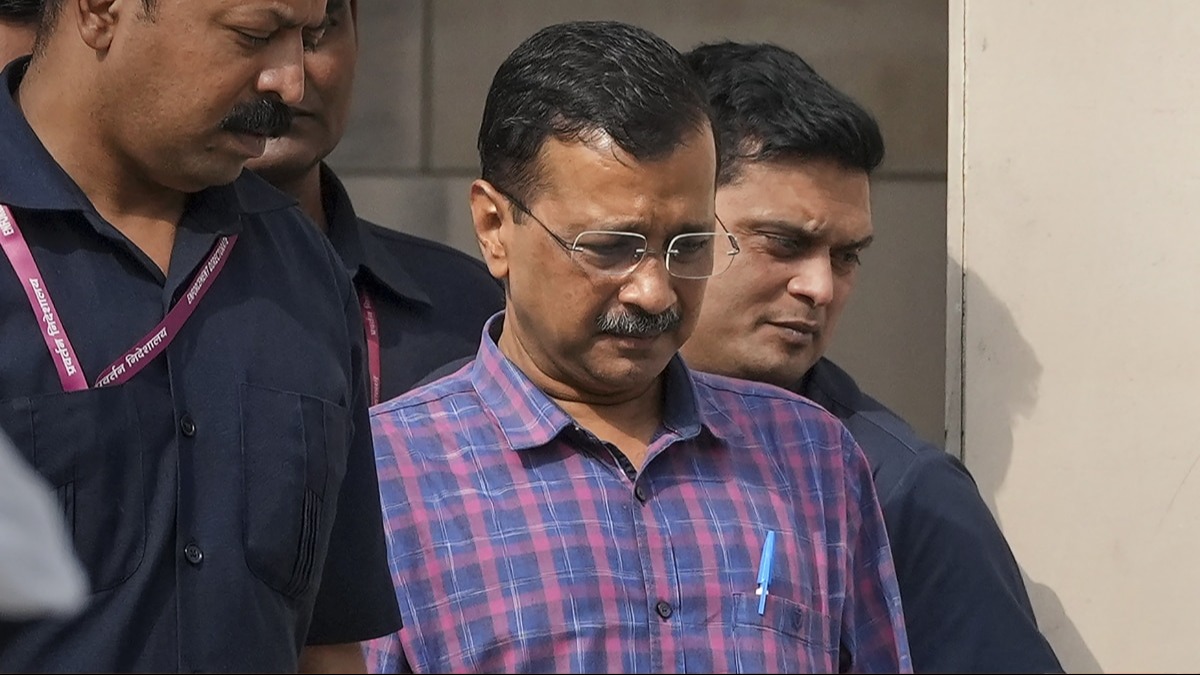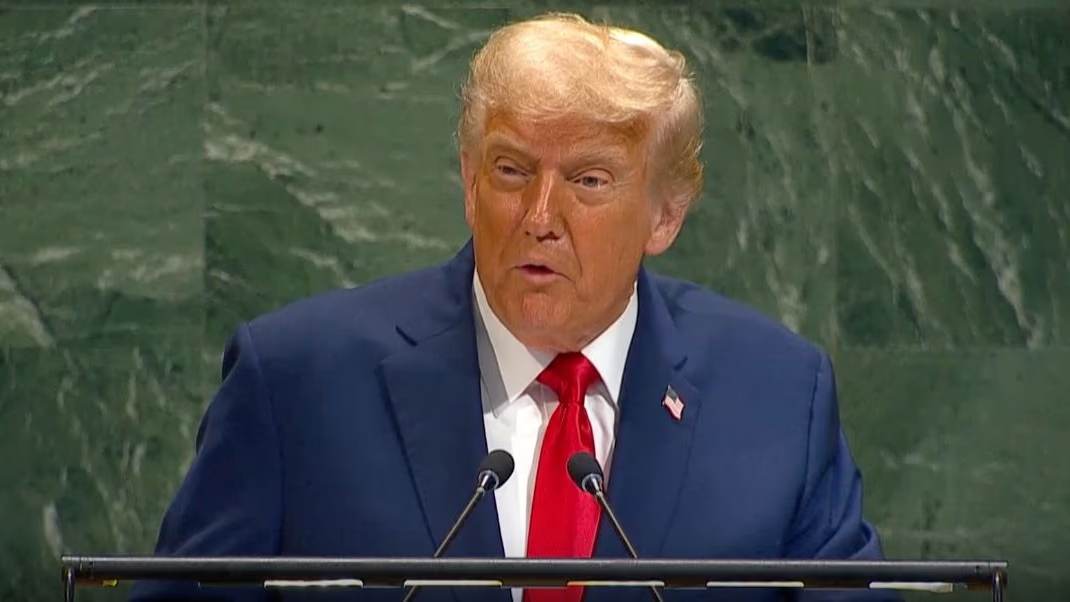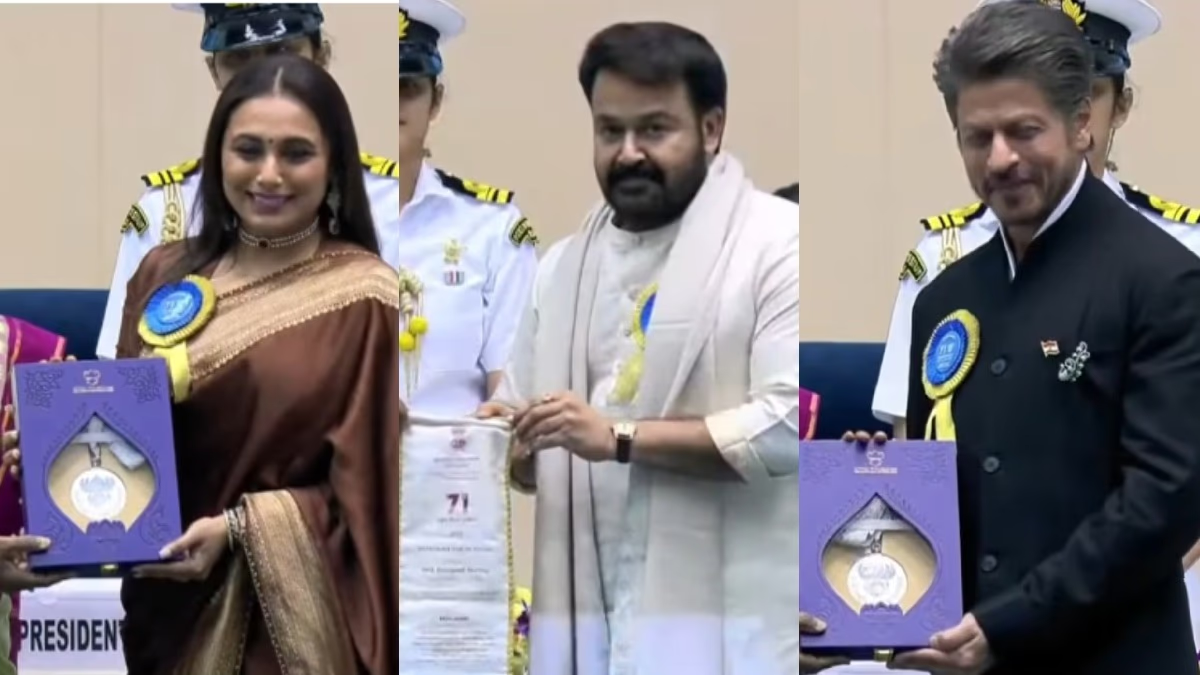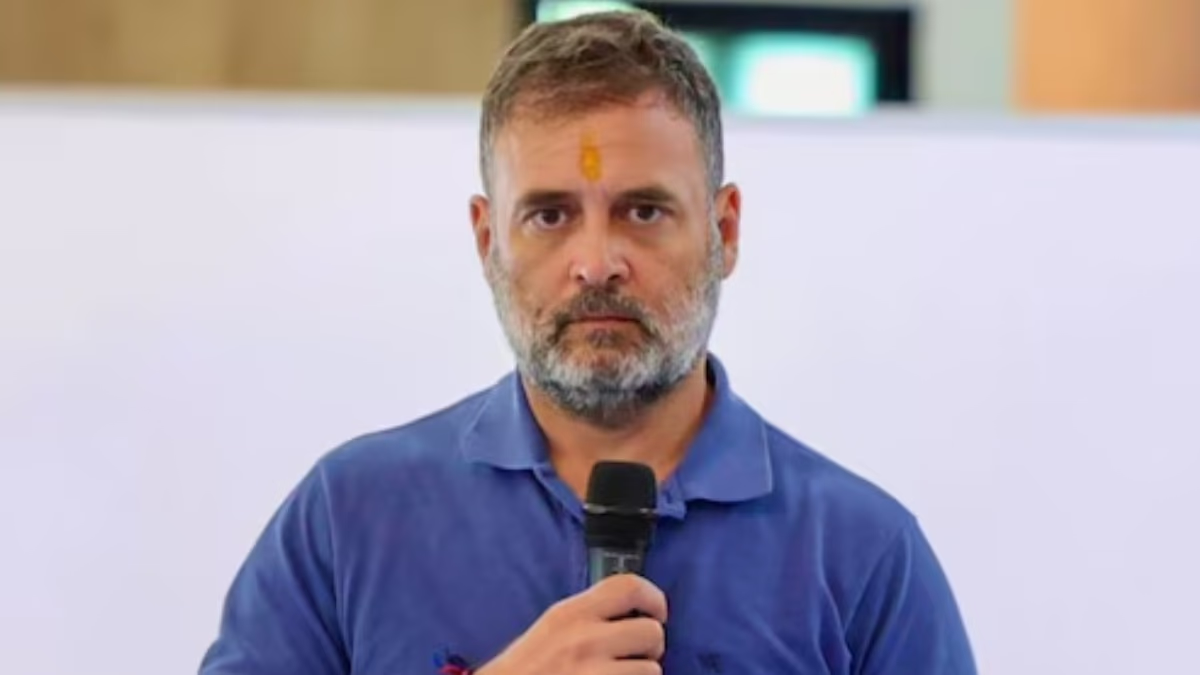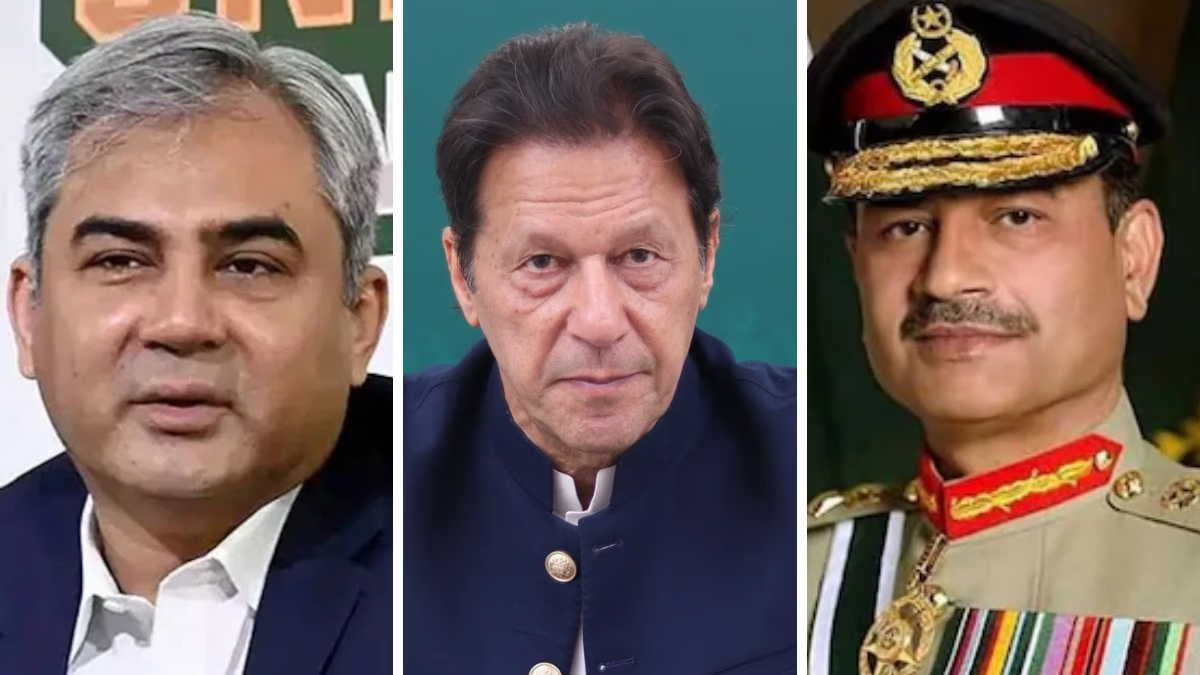In the midst of the Delhi liquor scandal, Arvind Kejriwal's petition for increased lawyer interactions has been dismissed by the Rouse Avenue Court. Currently confined within Tihar Jail, Kejriwal, entangled in money laundering allegations, is restricted to two legal appointments per week. His plea demanding five weekly interactions was rejected on grounds that the applicant failed to persuade the court of their exclusive use for discussing active court cases.
Kejriwal's lawyer, Vivek Jain, argued that no exemptions were sought, merely additional meetings to manage the plethora of cases—counting 35 to 40—filed against Kejriwal across several courts. Stressing that a mere hour per week is hardly sufficient for a person to comprehend and direct the legal proceedings, Jain emphasized such meetings as a fundamental legal right. He cited the instance of Sanjay Singh being granted three meetings when facing merely 5 to 8 cases.
ED's Counterarguments in Court
The Enforcement Directorate (ED) attorney countered that the requested five legal meetings flouted jail manual norms. In jail, one's external stature becomes irrelevant, and all should be treated equally, the ED counsel insisted. Kejriwal has already been granted two meetings per week, and judicial custody necessitates limited, regulated external communication. Emphasizing the abuse of legal meetings for purposes beyond counseling, the ED lawyer reiterated that one can't expect to enjoy any exceptions or privileges that could facilitate governing from behind bars.
Court's Rationale Behind Dismissing the Plea
During Wednesday's hearing, the court underlined that the ED's report indicated Kejriwal had issued instructions to the Water Minister via his lawyer—a detail that Kejriwal himself did not disclose. The judge observed apparent misuse of legal meeting privileges for reasons other than discussing cases, signaling that the allotted time might be employed for alternative objectives.
The court also affirmed that regular jail rules on meetings equally apply to Kejriwal, like any other detainee. Rejecting the argument for parity with co-accused Sanjay Singh, the decision underlined that enhanced meeting privileges can't be justified on an equality basis.
